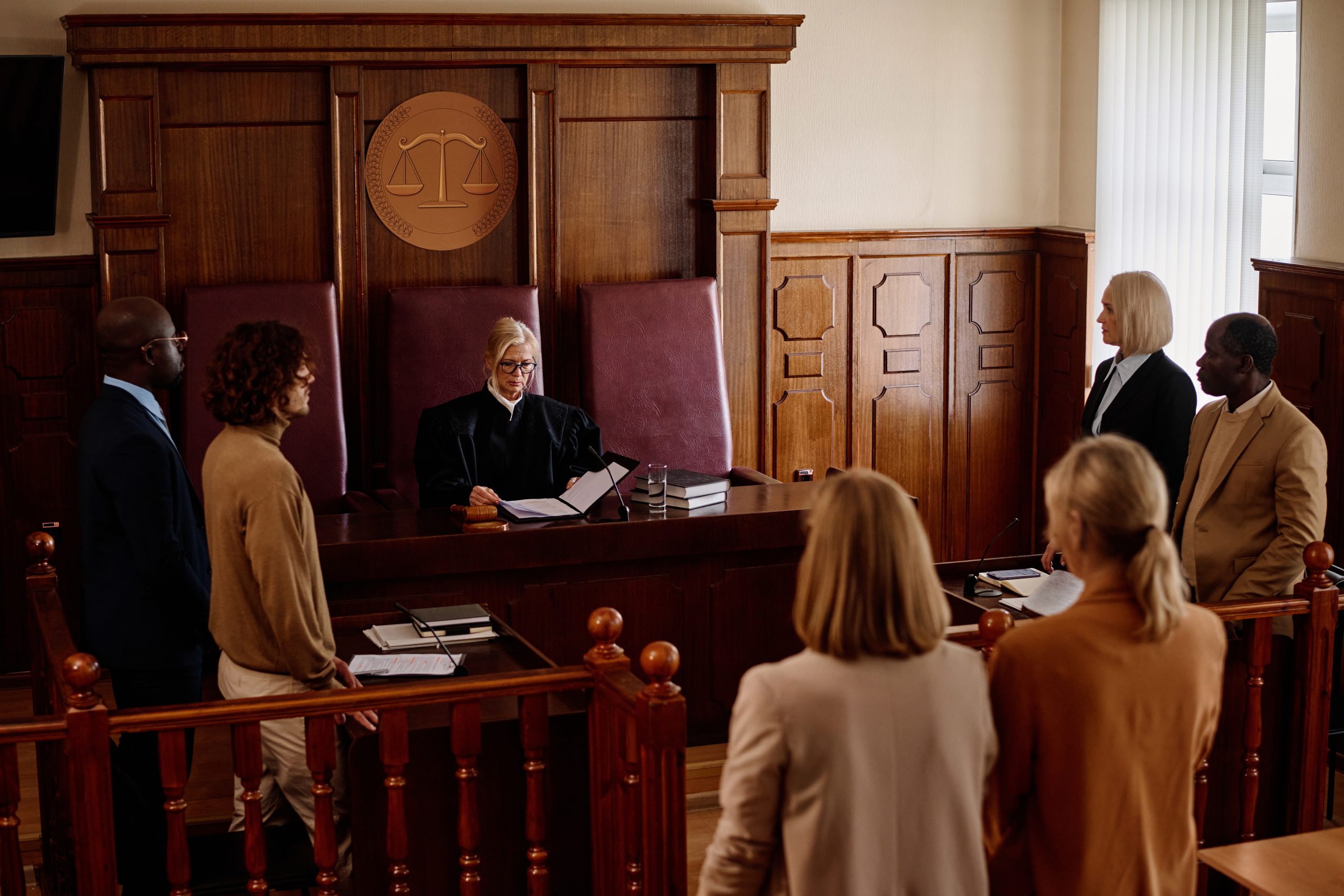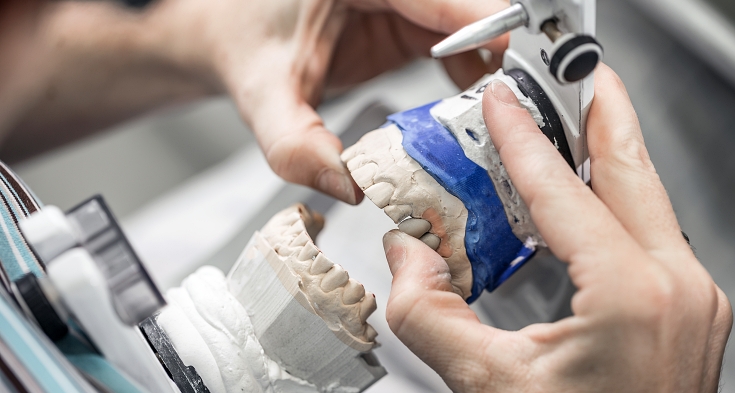
The NCAA is now on the hook for nearly $2.8 billion. Starting July 1, 2025, schools will officially be able to directly pay college athletes for their name, image, and likeness (NIL). This isn’t just another headline—it’s a complete rewrite of the rules in college athletics, reshaping amateurism as we know it.
If you’re an athlete, a parent, or part of an athletic program, this new legal landscape brings real opportunities—and serious responsibilities. The House v. NCAA settlement is a landmark turning point. Understanding what it means now can help you claim what you’re owed and avoid costly mistakes later.
Jay Arnesen, CEO and Managing Director of Elevate Legal Services, PLLC, is a nationally recognized NIL attorney with deep expertise in drafting, negotiating, and litigating high-stakes Name, Image, and Likeness (NIL) contracts. Based in Boca Raton, Florida, Jay leads one of the state’s premier law firms for NIL legal representation, helping high school and collegiate athletes protect their brand, maximize their earnings, and secure their future.
At Elevate Legal Services, PLLC, we help college athletes across Florida (and beyond) navigate NIL deals with confidence. From contract review to compliance protection, our Boca Raton-based firm is dedicated to making sure your rights, your brand, and your future are fully protected.
Call 561-770-3335 or email [email protected] to schedule your NIL consultation before signing anything.
What is the House v. NCAA Case?
The House v. NCAA lawsuit, originally filed by former Arizona State swimmer Grant House, challenged the NCAA’s long-standing limits on athlete compensation as illegal under federal antitrust laws. After years of legal wrangling, the NCAA and the Power Five conferences agreed to settle for approximately $2.8 billion.
The settlement fundamentally alters how college athletes are treated. Athletes are no longer limited by outdated amateurism rules; instead, they can now receive direct financial compensation from their schools for NIL rights. This isn’t just a symbolic shift—it introduces real money, compliance requirements, and enforceable contracts into the world of college sports.
What’s Changing on July 1?
Starting July 1, schools will officially be allowed to directly compensate athletes for NIL, something previously limited to third-party deals funded by boosters or collectives. While those outside arrangements will still exist, schools can now offer structured payment packages tied directly to an athlete’s market value.
In addition, schools may allocate up to $20.5 million annually for revenue sharing with athletes, with that cap increasing by 4% per year. While technically optional, most Power Five schools are expected to adopt revenue sharing to remain competitive in recruiting (Source: CBS Sports).
To ensure fairness and prevent abuse, a third-party NIL clearinghouse, operated by Deloitte, will oversee all NIL deals between athletes and external parties. This clearinghouse will evaluate the fair market value of each deal using a standardized 12-factor analysis.
These factors include athletic performance, media exposure, team success, conference affiliation, social media following, academic standing, and other commercial indicators.
The result is more oversight, greater transparency, and reduced risk of exploitation—but also increased legal complexity.
Who Gets Paid—and How?
The House settlement provides a two-pronged compensation structure:
- Current athletes will be eligible for NIL compensation and revenue-sharing packages moving forward.
- Former athletes who played between 2016 and 2024 may submit claims to recover lost NIL earnings from the $2.8 billion settlement fund.
Tens of thousands of former student athletes across all sports—even those not generating major revenue—may be entitled to backpay. Early action may improve your chances of receiving meaningful compensation.

More Scholarships, Tighter Rosters
The NCAA is also eliminating scholarship limits, allowing schools more flexibility to financially support athletes. However, team-specific roster limits will remain in place, meaning schools must still manage rosters carefully, especially in high-profile sports like football and basketball.
This opens new opportunities for athletes: schools can offer full or partial scholarships more freely, while athletes may gain access to additional benefits previously restricted.
Building an NIL Compliance Program
Schools must implement robust NIL compliance programs to minimize risk.
This includes:
- Centralized contract review processes
- Ongoing Title IX audits
- NIL education programs for athletes and staff
- Dedicated NIL compliance officers or teams
- Oversight of booster collectives to ensure no inducement violations
Failure to implement these measures exposes institutions to penalties, lawsuits, and loss of eligibility for athletes.
The Compliance Reality
The new system will be highly regulated. The Deloitte-run clearinghouse will apply a 12-factor analysis to assess NIL deal values based on metrics like athletic performance, public profile, and team success. Informal or handshake deals are no longer sufficient—everything will be subject to review.
Both schools and athletes will need professionally structured contracts that avoid legal penalties, protect eligibility, and withstand audits. Missteps could result in NCAA sanctions, Title IX violations, IRS audits, or litigation.
Title IX and Legal Challenges
Title IX compliance is a central issue in the settlement’s rollout. Any revenue-sharing arrangements must be equitable across men’s and women’s sports. Failure to ensure gender equity could expose schools to lawsuits or federal investigations.
In fact, on June 11, 2025, a group of female athletes filed a Title IX lawsuit that has temporarily halted payments from the settlement while courts consider whether women athletes are receiving equitable treatment. Although the Judge granted final approval of the settlement, these legal challenges highlight the ongoing complexities of implementing the agreement.
Beyond Title IX, policymakers continue to debate whether college athletes should be classified as employees, potentially subjecting them to labor laws, collective bargaining rights, unionization, and employment taxes. The employment debate remains unresolved but could dramatically reshape NIL compliance in the coming years.
Why Legal Help Matters
Navigating this new NIL environment requires expertise. Whether reviewing school contracts, negotiating NIL deals, or filing backpay claims, the financial stakes and legal risks are simply too high to go it alone. This is no longer a gray area; it’s a tightly regulated business environment.
Legal representation can help you:
- Maximize NIL opportunities
- Ensure contract compliance
- Avoid tax and employment pitfalls
- Protect personal brand and eligibility
- Claim your rightful share of the $2.8 billion settlement
This is not just about money—it’s about your future.
How Our Firm Can Help
We represent college athletes, families, and athletic programs nationwide. Our team has extensive experience in NIL law, athlete contract negotiation, NCAA compliance, and Title IX regulations. We’ve helped clients understand their rights, protect their value, and avoid costly mistakes.
We can help you:
- File backpay claims under the House v. NCAA settlement
- Review and negotiate NIL contracts
- Ensure deals meet fair market standards
- Advise on tax and compliance matters
- Develop revenue-sharing models that meet legal standards for schools
Everything we do is focused on protecting your interests—and ensuring you’re paid fairly and legally.

Take Action Before July 1
The new rules take effect on July 1, 2025. NIL deals and backpay claims will move quickly. Delaying could cost you money and leverage. Schools are preparing now; athletes should be too.
If you’re an athlete, parent, or coach, now is the time to schedule a free consultation. We’ll help you understand your options and take the next steps confidently.
Get Trusted Legal Help for Your NIL Rights
If you’re ready to take control of your NIL rights, recover what you’re owed, or navigate the legal complexities of the new NCAA landscape, Elevate Legal Services, PLLC is here to help.
Our attorneys understand the evolving world of college athletics and are prepared to guide you through every step—whether you’re filing a backpay claim, negotiating a contract, or ensuring compliance.
Call us today at561-770-3335 or email[email protected] to schedule a free, confidential consultation. Your future deserves professional protection—let us help you elevate it.





